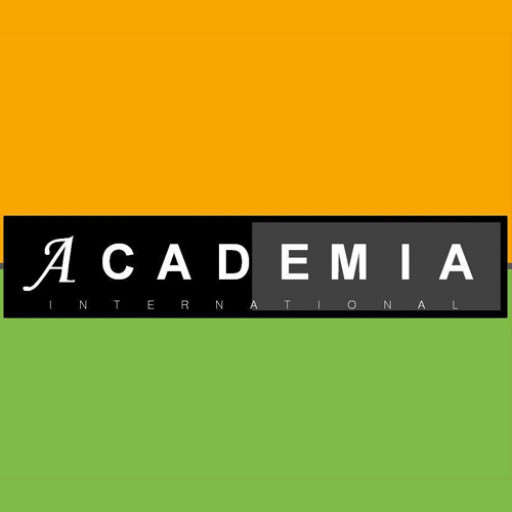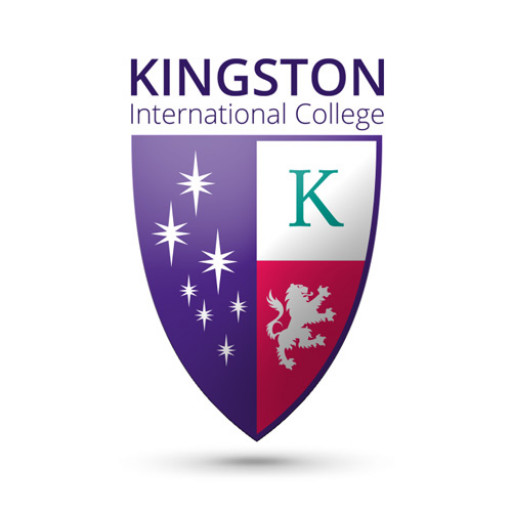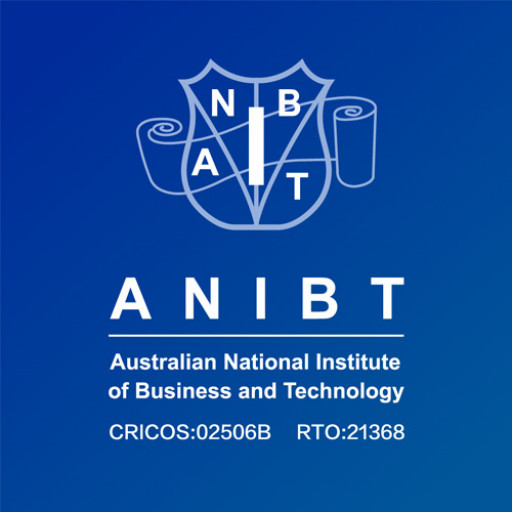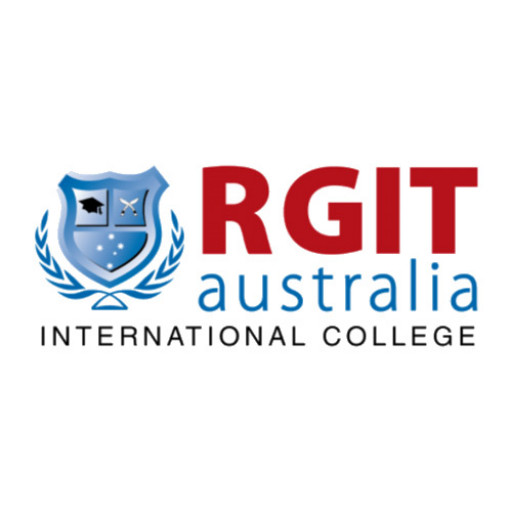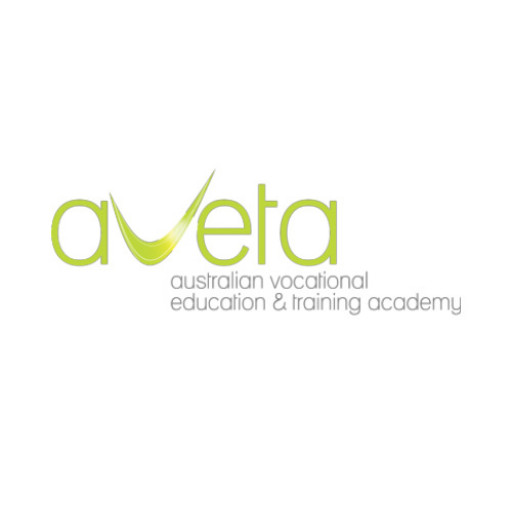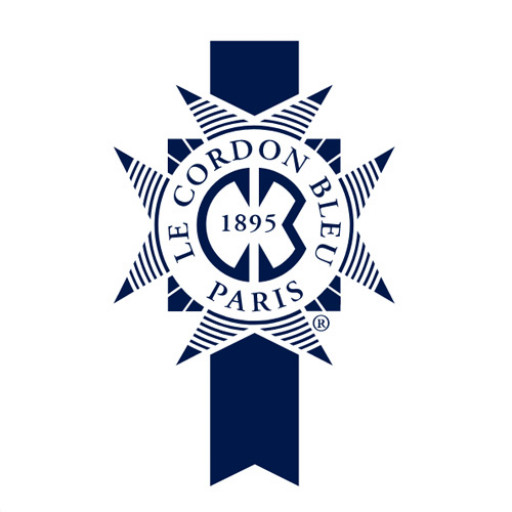Hospitality Management is a comprehensive program designed to prepare students for a successful career in the dynamic and diverse hospitality industry. This program provides a solid foundation in core business principles, specialized hospitality skills, and industry-specific knowledge necessary to excel in various sectors such as hotels, resorts, restaurants, event planning, and tourism services. Throughout the course, students will engage with practical learning experiences, including internships, industry projects, and hands-on training, ensuring they are well-equipped to meet the demands of the global hospitality market. The curriculum covers essential topics such as hospitality operations, front office management, food and beverage service, accommodation management, marketing strategies, financial management, leadership, and human resource management within hospitality contexts. Emphasizing innovation, customer service excellence, sustainability, and digital technologies, the program aims to develop students' critical thinking, problem-solving skills, and professional competencies. Graduates will be prepared to take on managerial roles, start their own businesses, or advance further in their hospitality careers internationally. The program also fosters intercultural understanding and communication skills, which are vital in today’s globalized industry. Supportive faculty with industry experience and access to state-of-the-art facilities further enhance the learning process. With a focus on both academic knowledge and practical skills, the Hospitality Management program offers a pathway to a rewarding career in one of the world’s fastest-growing sectors, ensuring graduates are confident, capable, and competitive in the global hospitality landscape.
The Bachelor of Hospitality Management program offered by Academia Australia provides students with a comprehensive education in the dynamic and diverse hospitality industry. This program is designed to equip students with the essential knowledge, skills, and practical experience needed to excel in various sectors such as hotels, restaurants, event management, tourism, and facility operations. Throughout the course, students engage with a broad curriculum that covers core areas including hospitality operations, hospitality marketing, financial management, leadership, customer service excellence, and sustainable practices within the industry. The program emphasizes the development of strong communication and interpersonal skills, enabling graduates to effectively manage teams and deliver exceptional guest experiences.
Students will participate in hands-on learning through industry placements and internships, providing valuable real-world exposure and networking opportunities with leading organizations in the hospitality sector. The curriculum also includes modules on entrepreneurship and innovation in hospitality, preparing students to adapt to industry trends and challenges. The program fosters critical thinking and problem-solving abilities, encouraging students to develop strategic solutions that enhance operational efficiency and customer satisfaction.
Academic instruction is complemented by workshops, seminars, and guest lectures from industry professionals, offering insights into current trends and best practices. Students are encouraged to cultivate a global perspective on hospitality management, understanding cultural diversity and global hospitality trends that influence the industry worldwide. Upon completion, graduates will be well-prepared for managerial roles, entrepreneurial ventures, or further study in specialized areas of hospitality and tourism. The Bachelor of Hospitality Management at Academia Australia aims to produce industry-ready professionals who are innovative, adaptable, and committed to delivering excellence in hospitality services across the globe.
Program requirements typically include a minimum of successful completion of secondary education or equivalent for undergraduate programs, or a relevant bachelor’s degree for postgraduate studies. Applicants may need to demonstrate proficiency in English through standardized tests such as IELTS or TOEFL, with minimum scores specified by the university. Prior work experience in the hospitality or related industries may be advantageous but not mandatory for admission. Prospective students are often required to submit an application form along with academic transcripts, a personal statement or letter of motivation, and a resume detailing relevant experience. Some programs may also require letters of recommendation from academic or professional referees. Entrance interviews or portfolio assessments are sometimes part of the selection process to evaluate interpersonal skills, communication abilities, and motivation for the field. Additionally, applicants should meet any specific prerequisites or prerequisite coursework as outlined by the university. International students might need to fulfill visa requirements and provide proof of health insurance coverage. Once admitted, students are expected to complete a specified number of credit hours through coursework, internships, and possibly a capstone project or thesis, depending on the program structure. The curriculum generally covers core areas such as hospitality operations, management principles, marketing, financial management, human resources, and hospitality law. Students are also encouraged or required to undertake practical training or internships in real-world settings to gain hands-on experience. Altogether, these requirements ensure that students are well-prepared for careers in hospitality management, equipped with both theoretical knowledge and practical skills necessary for successful employment in the industry.
The financing studies for the Hospitality Management program at Academia Australia typically encompass a range of options designed to support students in funding their education. Students can explore government-funded assistance such as Commonwealth supported places or financial aid schemes specific to international students, depending on their residency status. Many students opt for student loans or payment plans that allow for manageable tuition fee installments throughout the course duration. Scholarships and bursaries are also available through several channels, including academic excellence awards, industry partnerships, and specific scholarships designated for students pursuing hospitality or management degrees. These financial aid opportunities often require application and selection criteria, which may include academic performance, extracurricular involvement, or financial need.
Furthermore, students may consider part-time work options available on or near campus to financially support their studies. Academia Australia often collaborates with hospitality and tourism industry partners to create work placement programs, which not only provide practical experience but occasionally include stipends or allowances that contribute toward living expenses. International students might explore private student loan options from financial institutions, though these usually come with specific eligibility requirements and interest rates.
Additionally, students should be aware of potential funding from community organizations or industry-specific grants aimed at fostering skills in hospitality management. The university also provides financial counseling services to assist students in planning and managing their expenses effectively. It is recommended that prospective students consult with the university's financial aid office early in their application process to understand all available commitments, repayment obligations, and deadlines. Overall, the program's financing structure is designed to maximize accessibility, with diverse financial support mechanisms to help students successfully complete their studies without undue financial hardship.
Hospitality Management programs at Academia Australia are designed to equip students with comprehensive knowledge and practical skills essential for success in the dynamic hospitality industry. These undergraduate or postgraduate courses encompass a diverse curriculum covering key areas such as hotel and restaurant operations, event management, tourism, customer service excellence, and leadership development. The programs emphasize hands-on learning through industry placements, internships, and real-world projects, enabling students to gain valuable experience and build professional networks. Students are introduced to the principles of business management, marketing strategies specific to hospitality, financial accounting, and human resource management within the context of hospitality enterprises. The academic structure typically integrates theoretical coursework with practical training, ensuring graduates are well-prepared to tackle operational challenges and innovate within the field. Academia Australia's hospitality management courses also focus on sustainable practices and cultural awareness, reflecting current industry trends toward responsible tourism and inclusive service delivery. The programs are delivered by experienced faculty with backgrounds in hospitality, tourism, and business management, fostering an engaging learning environment. Upon completion, graduates can pursue careers in hotel management, event planning, tourism consultancy, restaurant administration, and other related fields. The university often collaborates with industry partners to provide networking opportunities, guest lectures from industry leaders, and potential employment pathways post-graduation. Overall, Academia Australia's hospitality management program aims to develop highly competent, adaptable, and globally-minded professionals ready to meet the demands of the hospitality sector worldwide.
